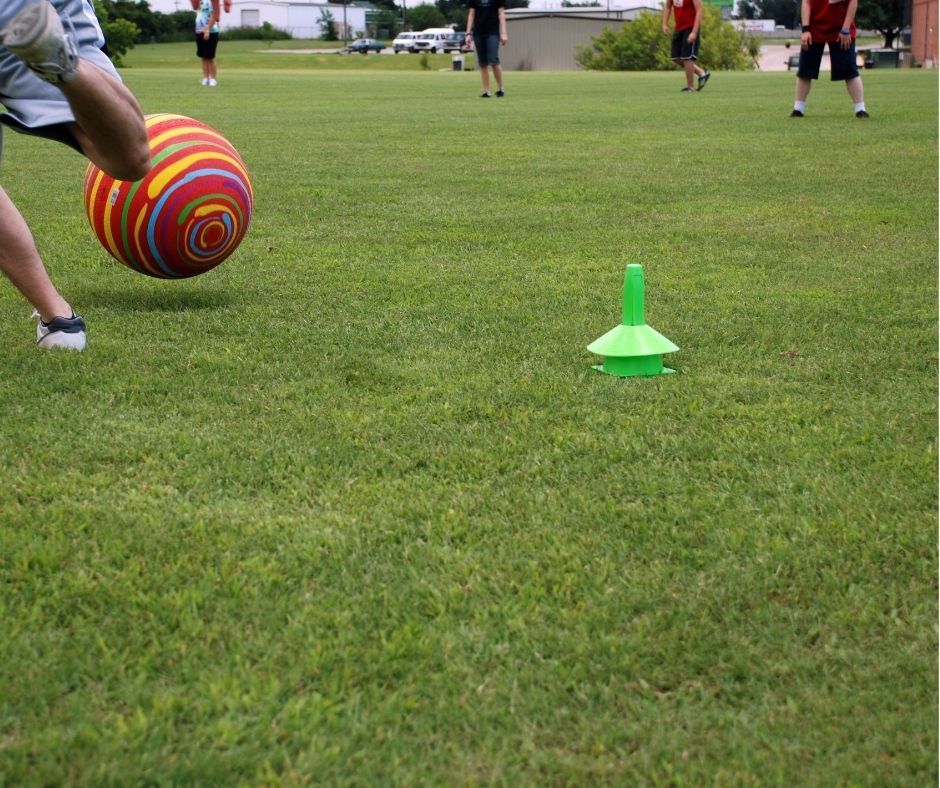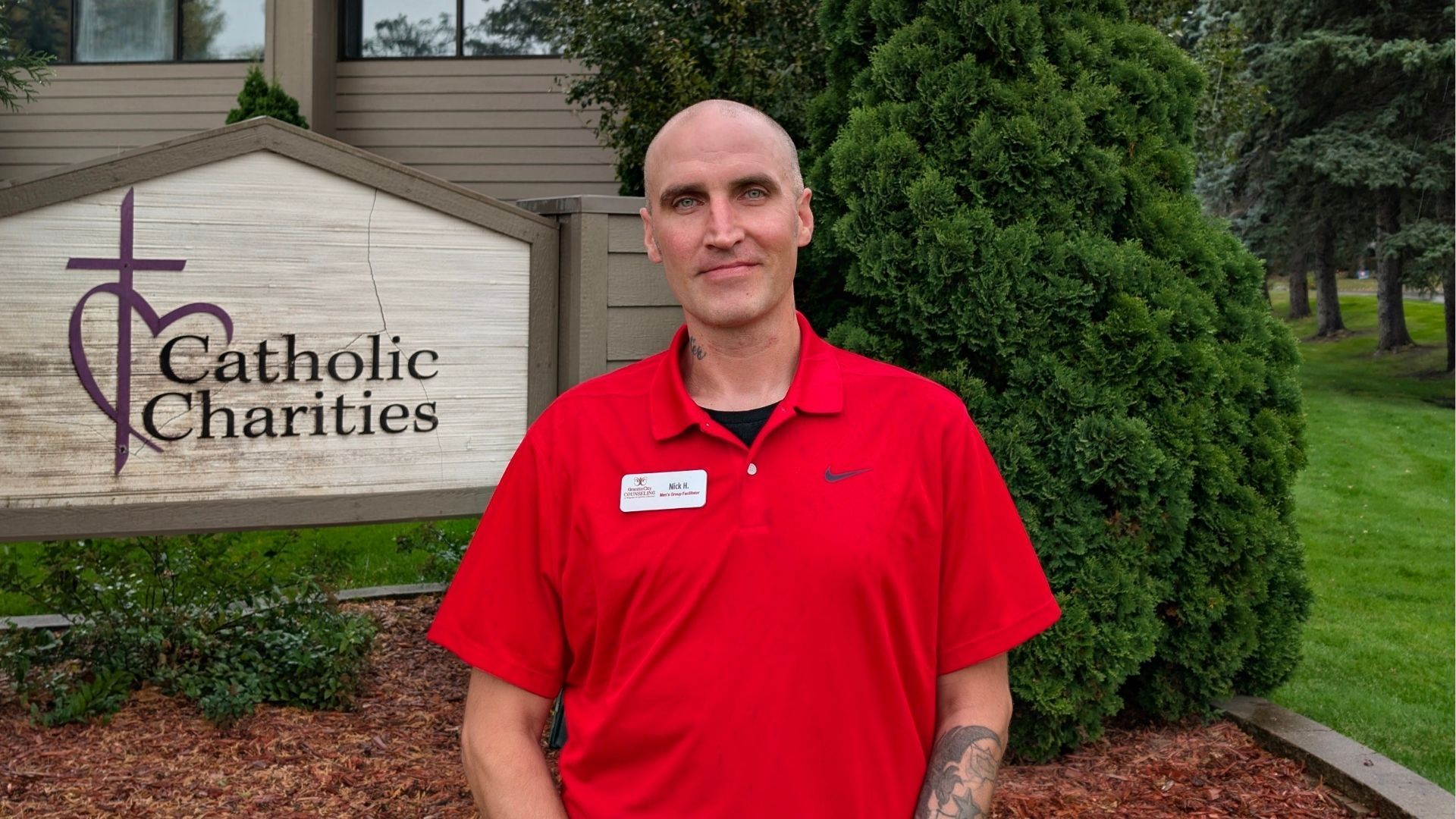The Kickball Miracle

A Lesson in Trust, Patience, and Unexpected Joy
I have a story that gave me goosebumps as a skills counselor.
Recently, one of my colleagues, whom I trust deeply, posed a heavy question to me, asking if I thought we could play kickball together with two groups of our clients here at day treatment. My first thought was, there is no way this will work, but the amount of respect I had for my coworker outweighed my common sense. To be clear, in the past, many a kickball game was had successfully. However, with this specific group, I was sure we did not even know which way to run. But I was “all in,” as they say.
So, we prepared for a kickball game. My colleague found some equipment, pumped up a ball, and coached his group on what was happening. Since we were getting together with two groups, and one group was younger than the other, I chose to prepare the youngest group by calling it a “mentoring activity”—words our youngest group understands, as they get to spend time with the “older” kids. I also pre-taught that it is you younger kids that are going to mentor the older clients, as “they are having a hard time lately following directions.” Now was this true, or was I trying to motivate the young ones to be leaders, giving the older kids no option to “act out”? You can be the judge.
So, I get the younger kids prepared—bathroom, drink, sunscreen. Ok, great. Now I can see who has not played kickball before, as I had a couple of minutes before the older group showed up. I asked, “Raise your hand if you have ever played kickball before.” No hands went up. The group was smaller in number, but nobody! Seriously, I’m thinking, I knew this was a bad idea! It’s too late now—the older kids started to gather near me. Before I knew it, all eyes were on me to prepare for the big game.
I greeted everyone and began saying, “This is a mentoring activity. Younger kids, you are mentoring the older kids on how to follow directions, and older kids, you are mentoring how to play kickball, as some people have never played before.” Ok, brilliant, I am thinking—now we all know some kids will not know which way to run.
We headed for a space nearby with a larger flat area, put down some cones for bases, and split the two groups into equal teams based on basic coordination skills, which I had in my head as I called out names and pointed where to go, picking the least coordinated clients first. (Remember getting picked last in grade school for team events? I do, and this does not happen in our groups here at day treatment.)
This whole time I am thinking, how can we just play for five minutes before moving on, calling it a mentoring activity? There were a lot of what I would call afraid faces, but a couple of excited leaders too. My trusted colleague began to speak in a very direct coaching voice—something he has had experience with. He was amazing. He explained the rules of kickball in about two minutes or less (including which way to run), and we began, with me just cringing as I know my group.
We have active trauma kids, several unmedicated, very impulsive kids, and kids that have been bullied in team sport games all their lives. I just knew this was going to be a big disaster, and maybe I could put the whole thing on just one incident report. I was feeling anxiety as my colleague pitched the first ball.
Those students began teaching, cheering, and supporting each other beautifully. Some older kids were getting down to younger kids’ level, coaching calmly. Staff were actively involved in the game, and ALL the younger kids were mentoring how to listen to everyone. We played in that summer heat on that rock-hard field for four innings, and to a person, everyone had a great time.
How do I know this? Several reasons. One, I was confident it would not work. Two, the afraid faces were gone and replaced with alert, participatory, joy-filled excitement. And three, something happened at the end of the game that has never happened before—nobody asked what the score was, as we all completely enjoyed our time together.
We had some small bruises, a skinned knee, and that one student who was “never going to play” kicked in the first two runs of the game—because the negativity was simply ignored.
The goosebumps came to this writer as I walked off that field thinking:
Taking risks makes us stronger, patience is golden, and memories are real.
God bless,
Marc Ruegemer
Our Recent News




